Bowdoin Coastal Studies Semester
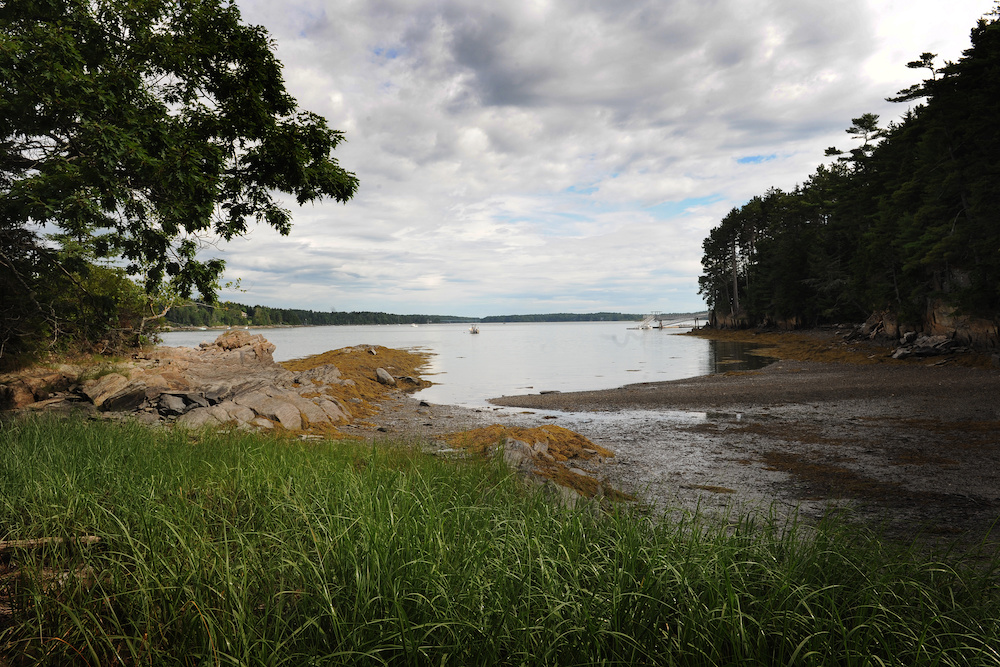
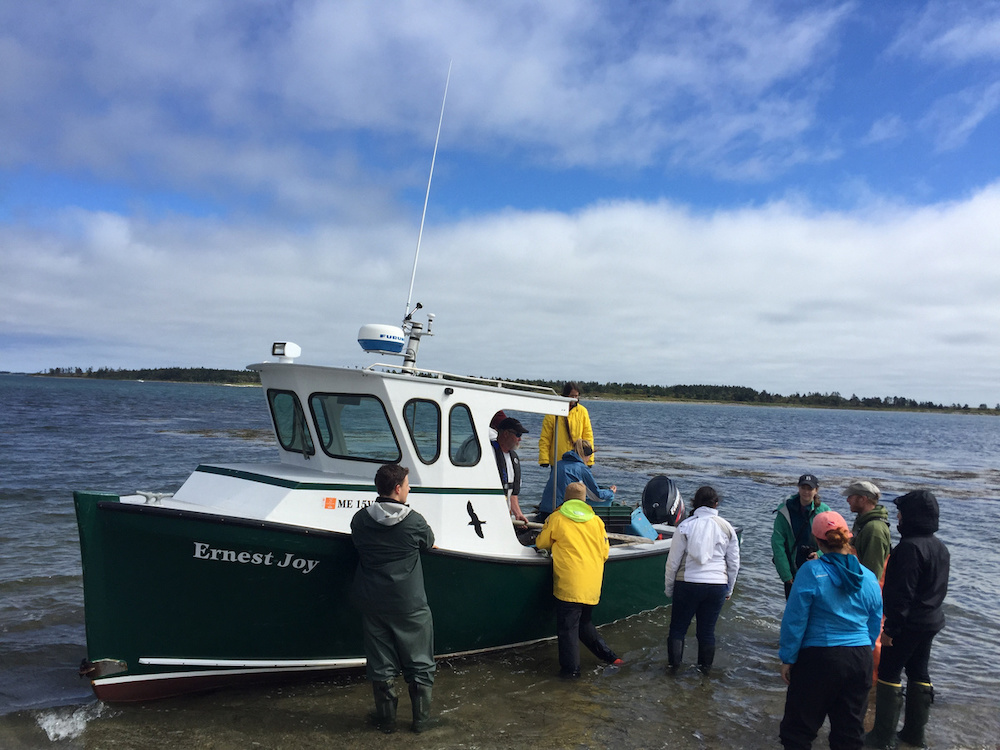
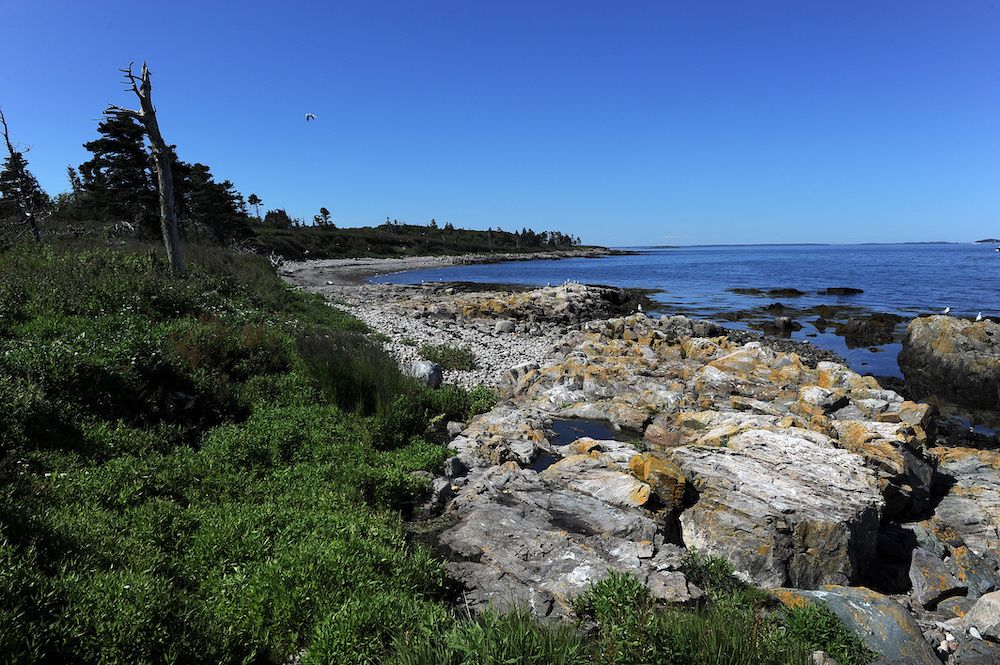
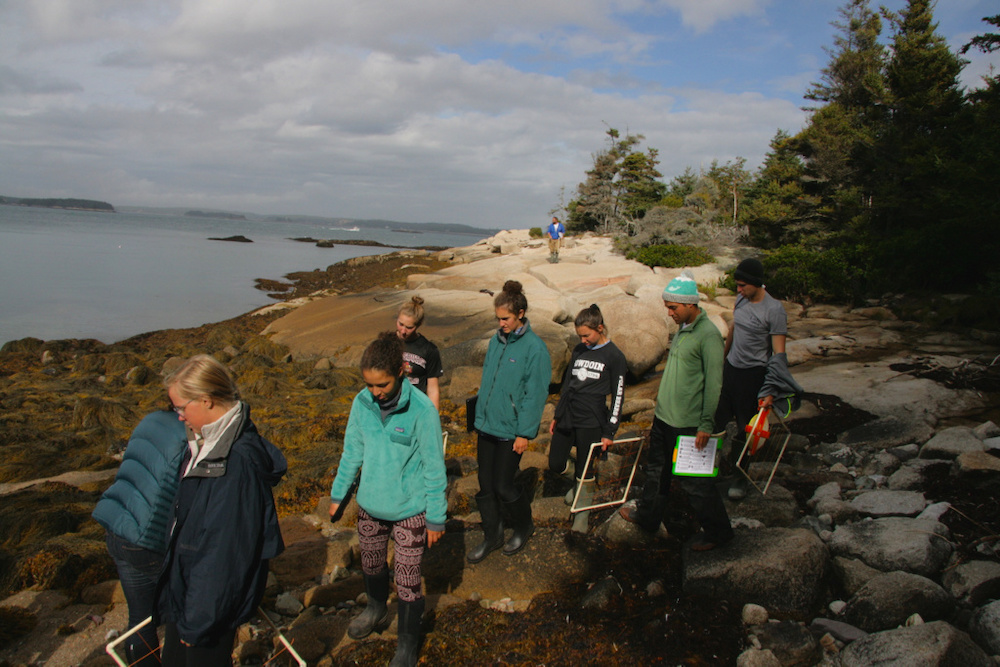
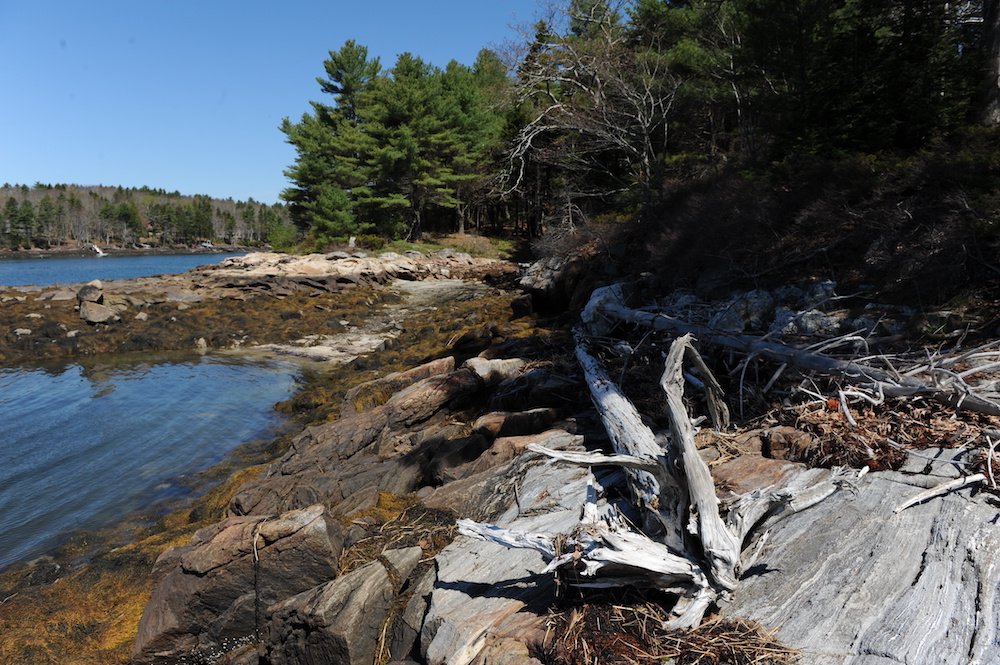
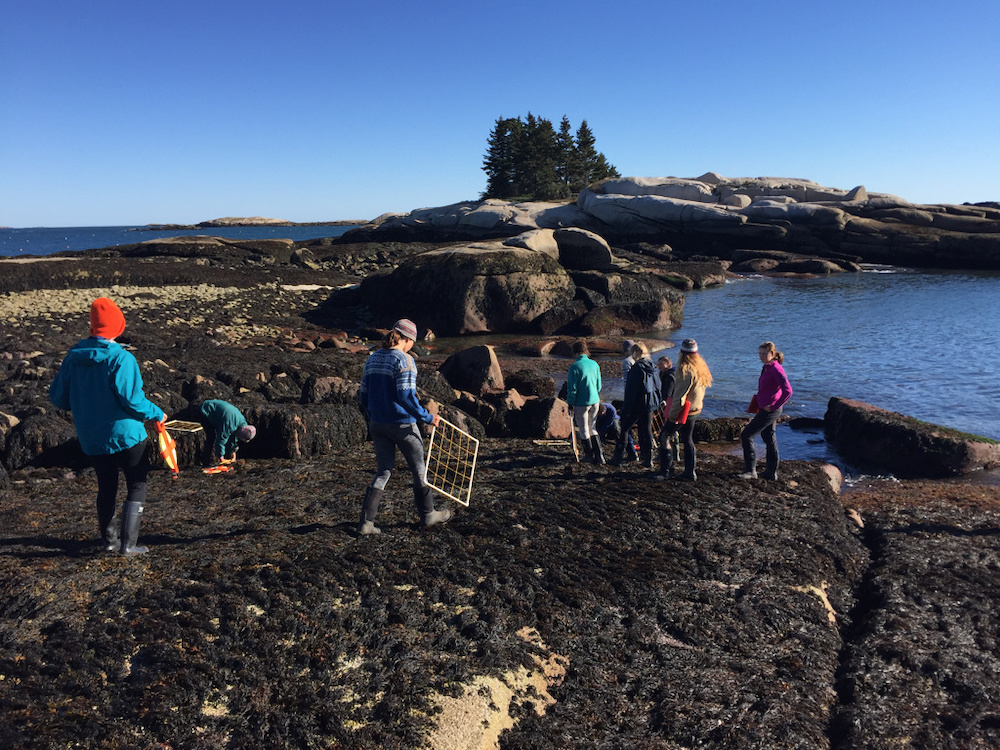
The Program
The BCSS is designed to immerse students in a place-based learning experience that supports both disciplinary and interdisciplinary approaches to the exploration of coastal concerns in the Gulf of Maine. As one of the most rapidly warming bodies of water in the world, the Gulf of Maine, with its varied ecosystems and coastal communities, offers students the opportunity to see first-hand how climate change is impacting our world and to develop the skills to identify underlying problems and potential solutions.
Students take four courses taught in parallel at the Schiller Coastal Studies Center in Harpswell, Maine. This format allows students and faculty to work across courses to identify emerging themes and pathways for collaborative inquiry.
We welcome students from all disciplines who are keen to experience coastal studies in action.
Field Work
Hands-on field work and sophisticated laboratory science are a central to the BCSS. During the semester, students will compare and investigate different coastal ecosystems in the Gulf of Maine. From salt marshes to rocky intertidal zones, students will collect data and samples to deepen their understanding of the Gulf’s natural history. In 2026, the BCSS will visit Hurricane Island off Rockland, Maine; Bowdoin’s Kent Island in the Bay of Fundy, New Brunswick, Canada; and Washington Country, where students will visit the Downeast Institute and the Passamaquoddy Tribe at Sipayik. Finally, the BCSS students will engage with the people of the place, with guest speakers ranging from aquaculturists, members of the lobstering industry, policy makers, artists, and neighbors from our own island community.